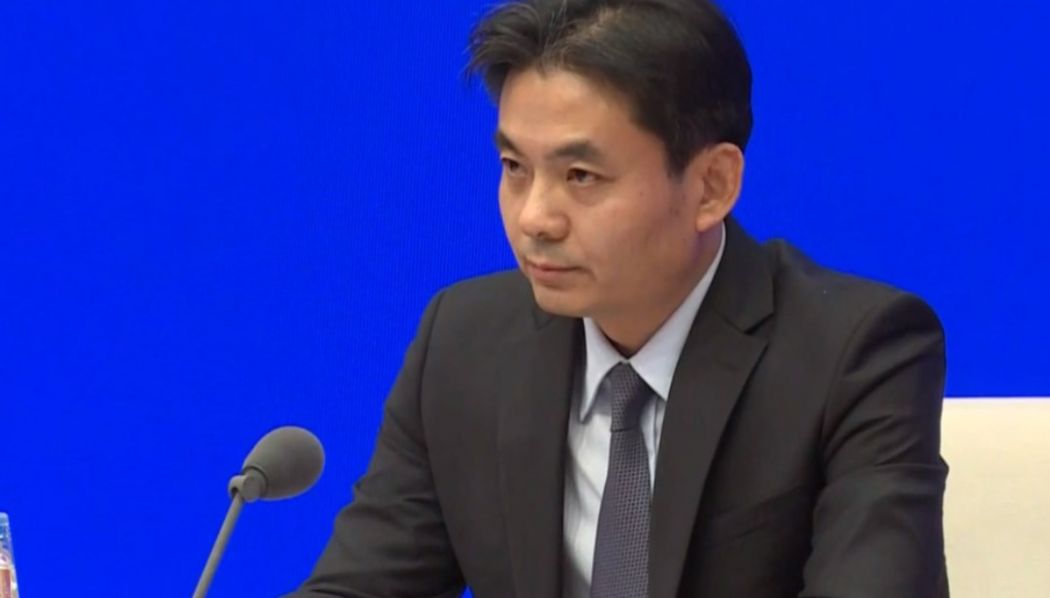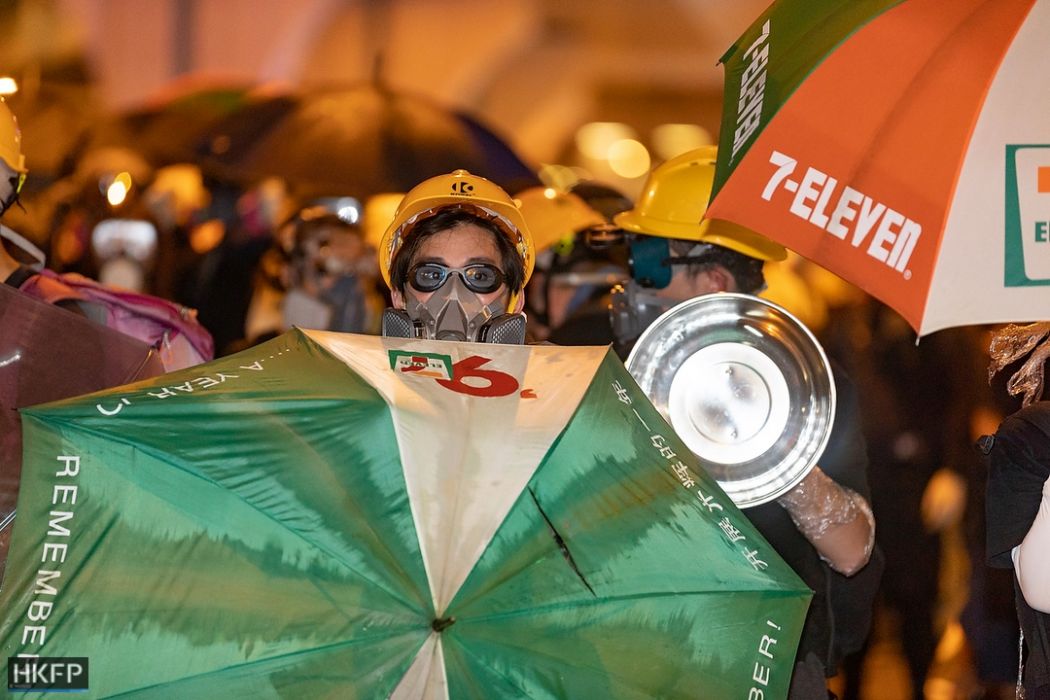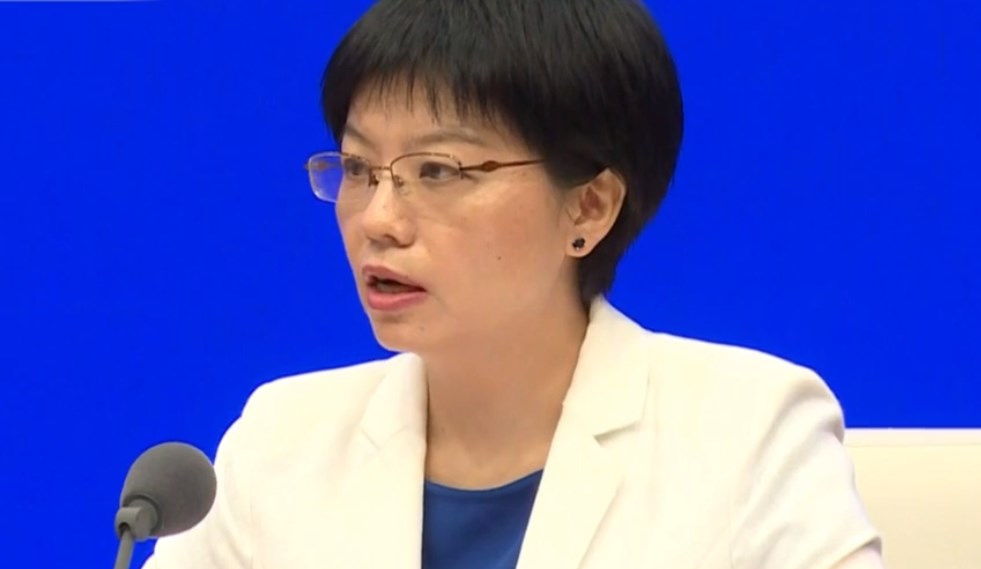China’s top office for handling Hong Kong affairs held a press conference in Beijing on Monday to express “its stance and views on Hong Kong’s current situation.”
It was the first time that the State Council’s Hong Kong and Macau Affairs Office held a press briefing on the city since it was established in 1997.
The office’s spokesperson Yang Guang condemned the actions of anti-extradition law protesters over recent weeks, saying that they “exceeded the boundaries of acceptable protest.”

After a recap of recent protest events, Yang made three suggestions: he called on all sectors of Hong Kong society to “clearly oppose violence”, “strongly uphold the rule of law” and to move out of political gridlock to focus on development and livelihood issues instead.
“We especially understand and sympathise with the tremendous pressure felt by the police and their families,” Yang added, saying China fully support police and law enforcement.

He claimed that “some people and media with ulterior motives” took advantage of the public’s lack of familiarity with China’s legal system, and led them to oppose the extradition bill proposed by the government.
“If Hong Kong continues to be in chaos, it will have a cost upon society,” he said.
When asked about the idea of civil disobedience, Yang dismissed the idea: “Violence is violence, breaking the law is breaking the law.”

Answering questions from the press, spokesperson Xu Luying said the central government “fully affirms” the work done by Chief Executive Carrie Lam, and will continue to support her and her administration to govern Hong Kong according to law.
“We saw that the administration has reflected on itself” regarding the extradition bill affair, she added.
As the press conference ended, reporters shouted questions at the department spokespeople, including: “Why don’t you condemn the police for beating people” and “Why isn’t Carrie Lam stepping down yet,” but received no reply.

Lawmaker Starry Lee, who heads the pro-Beijing DAB party, welcomed the statement from the Hong Kong and Macao Affairs Office. She said the three major points brought up by the spokesperson – oppose violence, uphold rule of law, develop the economy and improve livelihoods – represents the public’s expectations as well.
It affirmed that the central government was highly concerned and closely monitoring the situation in Hong Kong, Lee said.
Asked if she believed China’s backing would make the Hong Kong government unwilling to conduct an independent investigation, Lee said there were difficulties in establishing such an investigative commission.
Democratic Party leader Wu Chi-wai said that the central government misjudged the situation, and “cut off possible paths for moving forward.” Beijing’s support for Lam means that there will be an increasing reliance on the police as a solution, he added.

“[Beijing] believes that the anti-extradition protests can be violently suppressed by the police, and never considered solving a political problem by political means,” he said. “Once the police increase the force of their suppression, it will spark greater resistance from Hong Kong people, creating a vicious cycle.”
Pro-democracy camp convenor Claudia Mo called the response from Beijing “disappointing,” adding that it was out of touch with local sentiments. Lawmaker Ray Chan added that Beijing should also have condemned the attacks in Yuen Long by thugs dressed in white.
The extradition bill would allow the city to handle case-by-case fugitive transfers to jurisdictions with no prior arrangments, including China. Critics have said residents are at risk of extradition to the mainland, which lacks human rights protections. Large-scale protests since June have since morphed into wider displays of dissent over dwindling freedoms, democracy, alleged police brutality and other community grievances. On July 9, Chief Executive Carrie Lam declared the bill “dead,” but did not enact any mechanism to withdraw it or agree to step down.
